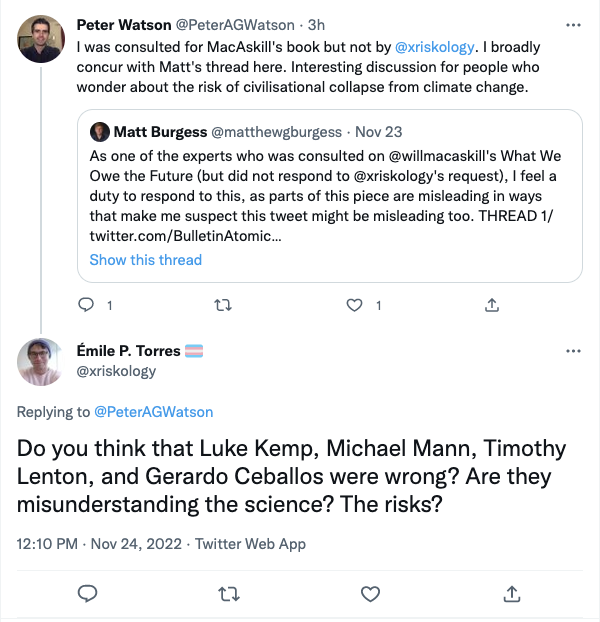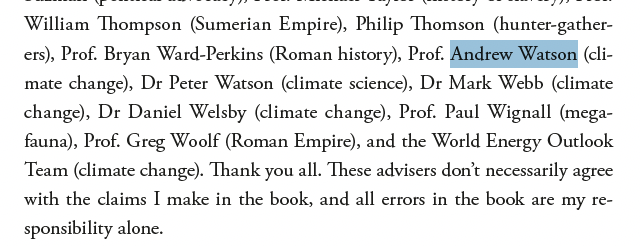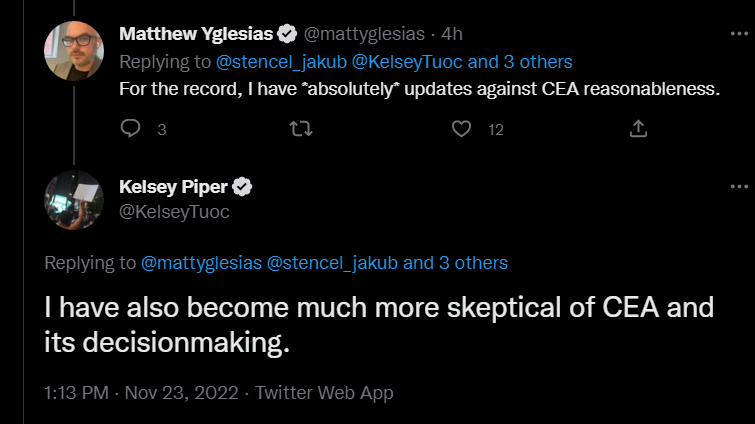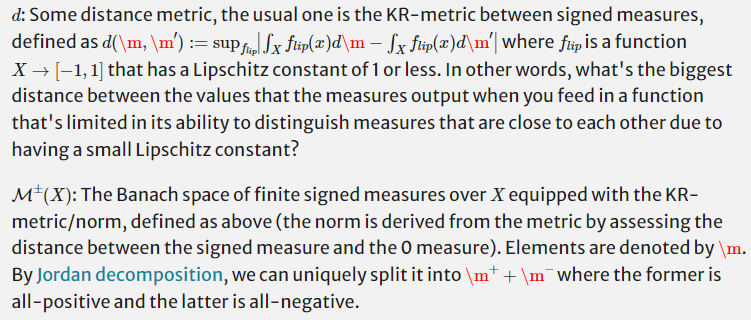Tldr: This is a letter I wrote to the Climate Contributing Editor of the Bulletin Atomic Scientists, Dawn Stover, about Emile Torres' latest piece criticising EA. In short:
- In advance of the publication of the article, Ms Stover reached out to us to check on what Torres calls their most "disturbing" claim viz. that Will MacAskill lied about getting advice from five climate experts.
- We showed them that this was false.
- The Bulletin published the claim anyway, and then tweeted it.
- In my opinion, this is outrageous, so I have asked them to issue a correction and an apology.
Update: The Bulletin has declined to correct the piece or issue an apology. They say that the editor's note provides 'balance' for the reader. They haven't explained how their false tweet remains acceptable. By these standards, media outlets don't have to correct false claims in articles, they just have to include editor's notes contradicting the false claims. There are apparently no constraints on what media outlets are permitted to tweet.
Dear Ms Stover,
I have long admired the work of the Bulletin of the Atomic Scientists. However, I am extremely disappointed by your publication of the latest piece by Emile Torres.
I knew long ago that Torres would publish a piece critical of What We Owe the Future, and on me following my report on climate change. However, I am surprised that the Bulletin has chosen to publish this particular piece in its current form. There are many things wrong with the piece, but the most important is that it accuses Will MacAskill and his research assistants of research misconduct. Specifically, Torres contends that five of the climate experts we listed in the acknowledgements for the book were not actually consulted.
Ms Stover: you contacted us about this claim in advance of the article’s publication, and we informed you that it was not true. Overall, we consulted around 106 experts in the research process for What We Owe The Future. Torres suggests that five experts were never consulted at all, but this is not true — as Will stated in his earlier email to you, four of those five experts were consulted. I am happy to provide evidence for this. The article would have readers think that we made up the citations out of thin air. One of them was contacted but didn’t have time to give feedback, and was incorrectly credited in the acknowledgements, which we will change in future editions: this was an honest mistake. The Bulletin also went on to tweet the false claim that multiple people hadn’t been consulted at all.
The acknowledgements are also clear that we are not claiming that those listed checked and agreed with every claim in the book. Immediately after the acknowledgements of subject-matter experts, Will writes: “These advisers don’t necessarily agree with the claims I make in the book, and all errors in the book are my responsibility alone.”
To accuse someone of research misconduct is a very serious allegation. After you check it and find out that it is false, it is extremely poor form to let the claim go out anyway and then to tweet it. The Bulletin should issue a correction to the article, and to the false claim they put out in a tweet.
I also have concerns about the nature of Torres’ background work for article — they seemingly sent every person that was acknowledged for the book a misleading email, telling them that we lied in the acknowledgements, and making some reviewers quite uncomfortable.
To reiterate, I am very disappointed by the journalistic standards demonstrated in this article. I will be publishing something separately about Torres’ (as usual) misrepresented substantive claims, but the most serious allegation of research misconduct needs to be retracted and we need an apology.
(Also, a more minor point: it's not true that I am Head of Applied Research at Founders Pledge. I left that role in 2019.)
John





Man, this sure is a dicy topic, but I do think it's pretty likely that Torres has a personality disorder, and that modeling these kinds of things is often important.
A while ago we had a conversation on the forum on whether Elon Musk might be (at least somewhat) autistic. A number of people pushed back on this as ungrounded speculation and as irrelevant in a way that seemed highly confused to me, since like, being autistic has huge effects on how you make decisions and how you relate to the world, and Musk has been a relevant player in many EA-adjacent cause areas for quite a while.
I do think there is some trickiness in talking about this kind of stuff, but talking about someone's internal mental makeup can often be really important. Indeed, lots of people were saying to me in-person that they were modeling SBF as a sociopath, and implying that they would not feel comfortable giving that description in public, since that's rude. I think in this case that diagnosis sure would have been really helpful and I think our norms against bringing up this kind of stuff harmed us quite a bit.
To be clear I am not advocating for a culture of psychologizing everyone. I think that's terrible, and a lot of the worse interactions I've had with people external to the community have been people who have tried to dismiss various risks from artificial intelligence through various psychologizing lenses like "these people are power-obsessed, which is why they think an AI will want to dominate everyone", which... are really not helpful and seem just straightforwardly very wrong to me, while also being very hard to respond to.
I don't currently have a great proposal for norms for discussing this kind of stuff, especially as an attack (I feel less bad about the Elon autism discussion, since like, Elon identifies at least partially as autistic and I don't think he would see it as an insult). Seems hard. My current guess is that it must be OK to at some point, after engaging extensively with someone's object-level arguments, to bring up more psychologizing explanations and intuitions, but that it currently should come pretty late, after the object-level has been responded to and relatively thoroughly explored. I think this is the case with Torres, but not the case with many other people.